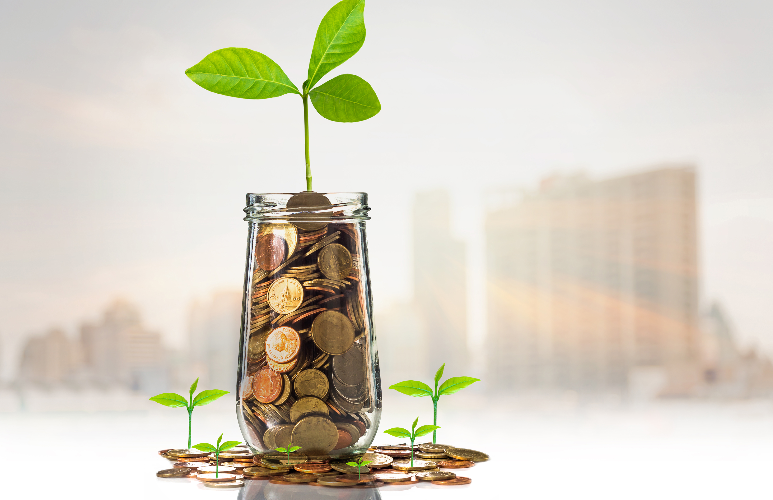Neither the global pandemic nor a worldwide economic slowdown is reducing impact investing, according to the Global Impact Investing Network’s Annual Impact Investor Survey.
While 69 percent of respondents to the New York City-based impact investing industry advocacy organization’s survey said the impact investing market is growing “steadily,” 30 percent indicated it is “in its infancy” or “about to take off.” Fewer than half of 1 percent said the market is saturated, and none indicated it is declining.
The 294 survey respondents manage a total of $404 billion in impact investing assets. But these numbers include three large investors which control 45 percent of the overall portfolio. Small investors – those managing less than $100 million in assets – comprise 53 percent of the total respondents.
Excluding the three largest managers, 55 percent of impact investment assets were put into developed markets, while 40 percent have been put into emerging markets. When the strategies of the large investors are included, however, 59 percent of the total capital was allocated to emerging markets. Sub-Saharan Africa attracts 21 percent of that, making it the largest region for these investments.
That might change. Within the last five years, investment in Western, Northern and Southern Europe grew at a compound annual growth rate (CAGR) of 25 percent, while East and Southeast Asia investment saw a CAGR of 23 percent. During the next five years, more than half (52 percent) of respondents indicated they will increase investment in Southeast Asia, while a similar amount plan to boost their spending in sub-Saharan Africa.
Food and agriculture investment made up a relatively small part of fund allocation. That will change, as 54 percent of respondents anticipated increasing their investment in this category. Water, sanitation and hygiene investment will similarly increase: 52 percent plan to up their investment in this sector.
Respondents aren’t making impact investments out of the goodness of their hearts. Seven in 10 said the financial attractiveness of their investments is at least somewhat important to their decision, and 88 percent indicated their investments met or exceeded their financial expectations. Two-thirds sought risk-adjusted, market-rate returns for these investments.
The Global Impact Investing Network conducted its survey between February and April 2020, while the COVID-19 pandemic was in its early stages. Respondents indicated they were positive about the future performance of their investments. At the time, 13 percent indicated heavy capital allocation in Western, Northern and Southern Europe left them exposed to higher levels of risk, compared with 4 percent of investors who focused mainly on the United States and Canada.
Despite this, well over half (57 percent) were unlikely to change the volume of capital they had committed through 2020, with 20 percent somewhat likely to put less into these markets and 15 percent likely to allocate more.
